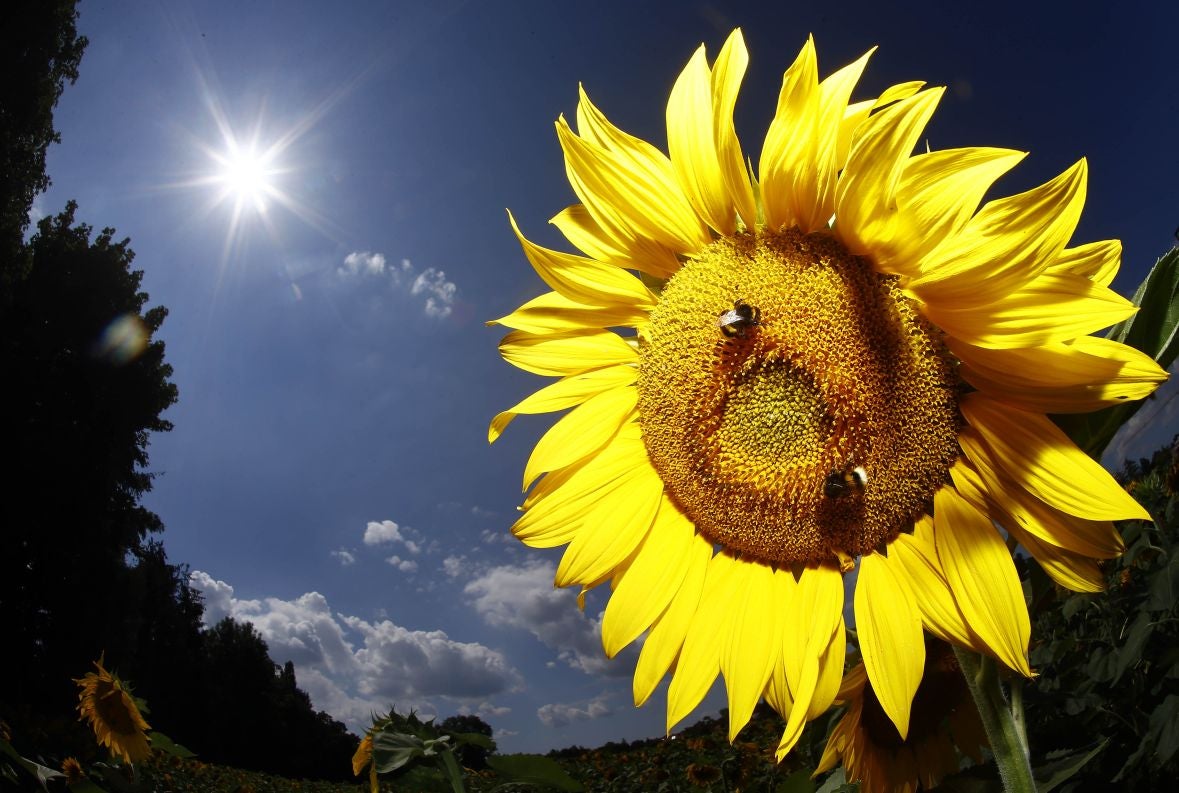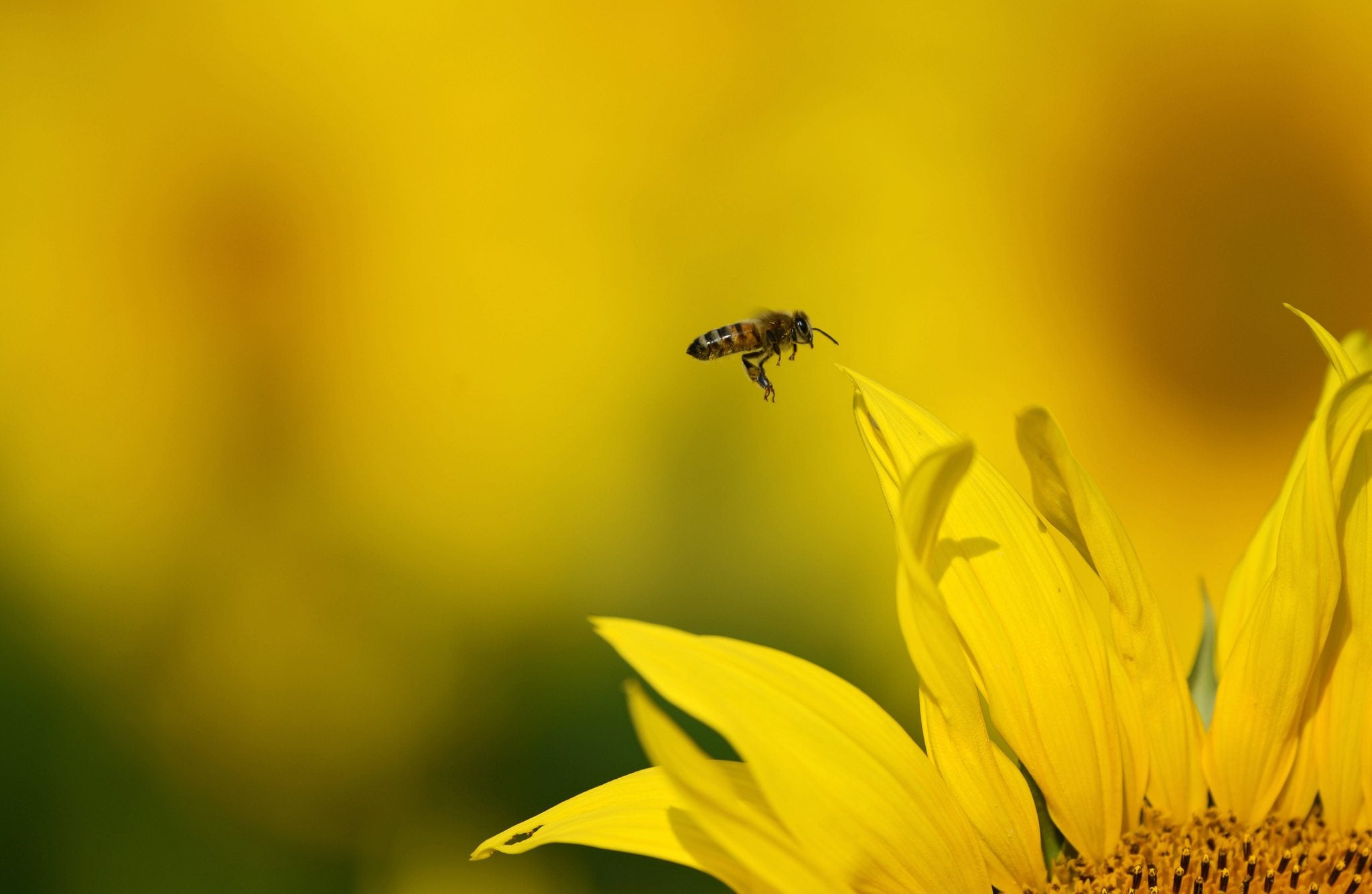Crude as it may be, perhaps the best way to assess whether neonicotinoids should be used as pesticides is to examine the upside and the downside.
The upside of these particular chemicals is that they are very effective; they boost crop yields, and thus keep the price of food and biofuels low. That is a clear benefit to the public, both here and abroad, and an increasingly valuable one as pressures on agricultural land intensify. They also make gardens look prettier, arguably, by reducing predation on plants.
The potential downside, however, is much more significant. Bees, like many other creatures, are much taken for granted, but life on planet Earth – including humanity – would become extremely difficult to sustain without their role in pollinating crops and food sources.
The fact that the EU and other jurisdictions have changed the rules on the use of neonicotinoids so often, and that there is still so much disagreement about their side-effects, illustrates that there is no absolute scientific conclusion on the risks from which to begin. The prospect of that scientific clarity being achieved is even more remote now that the Department for Environment, Food and Rural Affairs (Defra) refuses to publish the minutes of the meetings of its Expert Committee on Pesticides, and other pieces of evidence that could prove useful.

Even if there were agreement among impartial experts, consensual science has been wrong about other important interventions in the world of nature in the past. And, in the end, such judgements are necessarily political; we live in a democracy, not a technocracy.
Rather like entering the National Lottery but in reverse, then, the benefits of these pesticides are relatively modest. Yet the potential loss from a devastating and irreparable reduction in the bee population – already possibly threatened by disease – is truly “life changing” for humanity – for the worse. Neonics, as they have become known, are simply not worth it.

Join our commenting forum
Join thought-provoking conversations, follow other Independent readers and see their replies
Comments